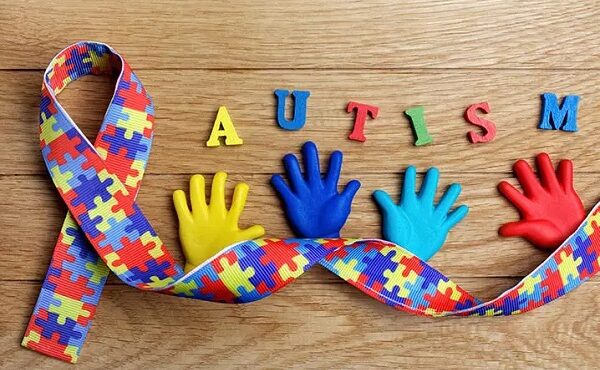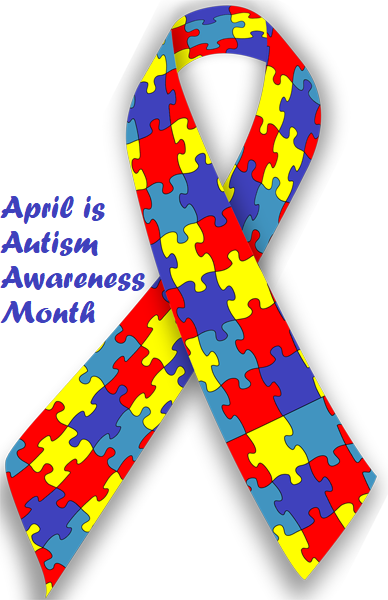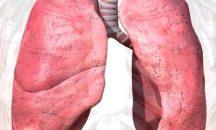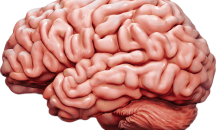Understanding autism spectrum disorder

Autism spectrum disorder also known as ASD, according to the Centre for Disease Control, is a developmental disability that can cause significant social communication and behavioural challenges in an individual. According to the World Health Organisation in 2021, about one in 160 children has autism worldwide and in the US, it is estimated that about one in 59 children has autism. Even though the statistics in Ghana are not available, it is believed that the situation is no different as many children are diagnosed each day. Autism spectrum disorder begins in early childhood and eventually causes problems in the social functionality of children. Children show symptoms of autism within their first year and a small number of children appear to develop normally in the first year and then go through a period of regression between 18 and 24 months of age when they develop autism symptoms.

Symptoms of autism
The symptoms of autism can be found in three main areas
- Communication:
- One of the first indications of autism in toddlers is the lack of response to their names.
- Children with the autism spectrum disorder are most often non-verbal which means they cannot speak and cannot communicate their needs through speech.
- They do not point or bring objects to share interests.
- They have poor eye contact and lack facial expressions.
- They can’t seem to understand simple questions or directions.
- They may repeat words or phrases verbatim but would not understand how to use them.
- Social Interactions
- They may resist cuddling and holding and may seem to prefer playing alone, they often get lost in their world.
- They have inappropriate approaches to social interactions. they can be aggressive, passive or disruptive.
- Repetitive movements
- They perform repetitive movements such as rocking spinning or hand flapping
- They perform activities that could cause self-harm such as biting or headbanging.
- They develop specific routines or rituals and become disturbed at the slightest change.
- They don’t engage in imitation or make-believe play or pretend play.
Take your baby to see the doctor if he or she:
- doesn’t respond with a smile or happy expression by six months
- Doesn’t make sounds or facial expressions by nine months
- Doesn’t bubble or coo by 12 months.
- Doesn’t point or wave by 14 months
- Doesn’t say a single word by 16 months
- doesn’t indulge in pretend play by 18 months
- Doesn’t say two-word phrases by 24 months
- Loses language skills or social skills at any age.
Do not panic if your child has one or more of the symptoms above. That may not necessarily mean your child has autism. Babies develop at their own pace. However, it is important to see a doctor with your child if they tick any of the symptoms above.
Causes of Autism Spectrum Disorder
Autism spectrum disorder is a very complex disorder and as a result, it doesn’t have a single known cause. It is believed that both genetics and environmental factors play roles in a child developing ASD.
It affects children of all races but certain factors may increase a child’s risk of developing the condition. These include:
- The child’s sex. Boys are more likely to develop autism than girls.
- Family history
- Extreme preterm babies
- Parents age. Older parents are more likely to give birth to autistic children.
Treatment
There aren’t any known treatments for autism, however, when diagnosed early, intervention is most helpful and can improve behaviour skills and language development. Though children usually don’t outgrow autism spectrum disorder symptoms, they may learn to function well.
Autism is on the rise in Ghana and that means we need to come together as a nation and help children who develop this condition. They can do extremely well when given the right support and at any stage of their lives. Children with the autism spectrum disorder are not spiritually possessed, as some Ghanaians believe, they are children who deserve to be loved and supported to grow into their full potential. There are many adults living independently with the condition. Remember that early intervention is key.
The World Autism Awareness Day is marked internationally on April 2 every year, and there is a call for people to include autistic children in Quality Education. It is commendable to know that the government of Ghana has passed a law that mandates mainstream schools to accept autistic children. But it shouldn’t end there. There is the need to provide enough education on the condition to teachers, and the whole country at large as well as the building of infrastructure that can support children and people with the condition.
Source:
Augustina Otema Amarh
Autism Mum/ Content Creator
Health Essentials Ghana Limited
References:
- mayoclinic.org
- cdc.org
- https://www.un.org/en/observances/autism-day














